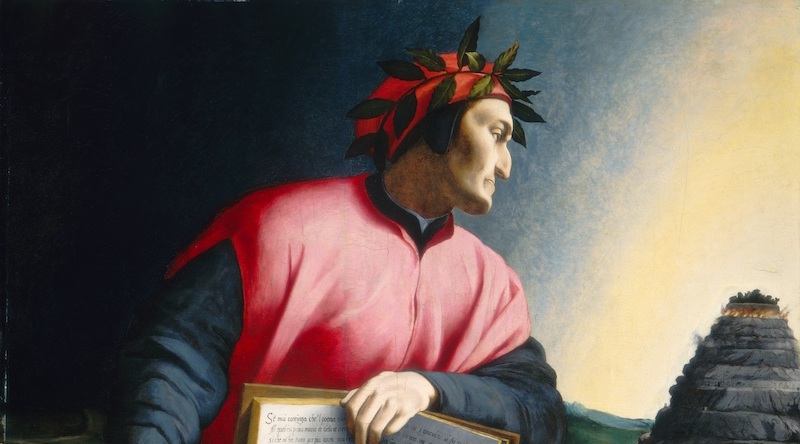It would seem that we are not free in heaven. If there is not even a possibility of falling from heaven, then can we say that we are there freely or are we there against our will? To navigate this paradox, we can look to Dante Alighieri’s masterpiece, The Divine Comedy. In the poem, Dante’s guide, Virgil, bids farewell after leading him through hell and purgatory. His parting advice to Dante is enigmatic at best and scandalous at worst:
From now on, let your pleasure be your guide;
…
your will is free, erect, and whole—to act
against that will would be to err: therefore
I crown and miter you over yourself.”
(Purgatorio XXVII, 131, 140-142, trans. A. Mandelbaum)
To understand Virgil’s advice, we must re-examine human nature. We freely make choices; some are good for us, others are bad. Putting a hand on a hot stove, for instance, is harmful regardless of the immediate and mistaken desire to do so. Even if we were to undergo a special surgery or take medication to numb the pain, the painless heat is nevertheless damaging. This is true for us not only physically, but also psychologically and spiritually. Our desires and pleasures are properly ordered insofar as they lead us to our ultimate happiness and the fulfillment of all desire: loving union with God.
Even so, Virgil’s advice to “let your pleasure be your guide” seems dangerous. Our desires are frequently disordered and lead us away from God. It is also not always clear whether a choice is truly good for us physically, psychologically, and spiritually. As Dante ascends up through the levels of purgatory, there is a process of healing and re-ordering in his will, damaged by sin. This process is meant to take place not only in purgatory but throughout our life on earth. The commandments of God and the precepts of the Church are not random. They are an expression of Divine Wisdom in conformity with our nature, helping us to learn and re-order our desires for what is truly good for us. The Church’s teachings are not imposed to constrain our will, but to set it free. Once we desire what is truly good for us, then our will is free. We can do whatever we desire because we will only desire what leads to endless, unrestricted happiness. We will not need an external law telling us what not to do, because we will not even have the slightest desire for harmful choices. As God himself says, “I will place my law within them, and write it upon their hearts” (Jer 31:33).
Notice, though, that Virgil’s advice only comes after the completion of purgatory. The process of re-ordering our desires takes a lifetime, and for most of us a little bit longer. Nevertheless, as we continue to live out the Christian life—participating in grace and following God’s wisdom communicated through his Church—we begin to “share in the glorious freedom of the children of God” more and more (Rom 8:21). We begin to genuinely delight in holy desires, even in what at first might seem burdensome, like going to Mass every Sunday. We can more freely fulfill our re-ordered desires, and our desires lead us to live more fully, bringing us closer to the perfect fulfillment of the one who said, “I came so that they might have life and have it more abundantly” (John 10:10).
To bring us back to our initial paradox, we are indeed radically free in heaven. We will experience no imposed restriction on our desires since they will all be aligned with our true happiness. Because we are radically free in this way, there is no possibility of our falling back into sin. We are not in heaven against our will, since there is not even the flicker of the shadow of sin left in our will. Our entire desire will be for the love of God and life with him and all the blessed, forever and ever.
✠
Image: Agnolo Bronzino, Allegorical Portrait of Dante (Public Domain)







